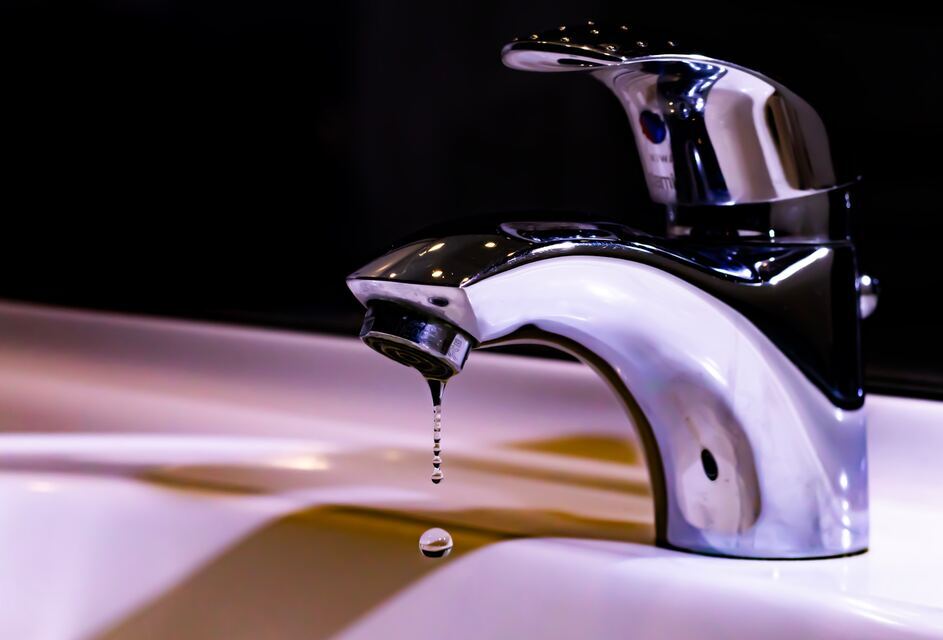
Faucets are essential fixtures in our homes, providing us with water for various purposes. To ensure their longevity and optimal performance, regular maintenance is key. By implementing a few simple maintenance practices, you can extend the lifespan of your faucets and prevent common issues such as leaks and mineral buildup. In this article, we will explore the best ways to maintain your faucets, keeping them in excellent condition for years to come.
1. Clean Regularly:
Regular cleaning is crucial for maintaining the appearance and functionality of your faucets. Use a mild soap or dishwashing liquid with warm water to wipe down the surface of the faucet, removing any dirt, grime, or soap scum. Avoid using abrasive cleaners or scrub brushes that could scratch the finish. For stubborn mineral deposits, use a vinegar-soaked cloth or a mixture of equal parts water and vinegar to gently dissolve the buildup. Rinse thoroughly and dry with a soft cloth to prevent water spots.
2. Prevent Mineral Buildup:
Mineral buildup, commonly caused by hard water, can lead to reduced water flow and damage to the faucet's internal components. To prevent this, consider installing a water softener or using a water conditioner to minimize mineral deposits. If buildup occurs, regularly remove the aerator (the screen at the end of the faucet) and soak it in a vinegar solution overnight to dissolve the minerals. Scrub it gently with a brush and rinse before reattaching.
3. Check for Leaks:
Periodically inspect your faucets for any signs of leaks. Leaks not only waste water but can also lead to water damage and increased utility bills. Check the base of the faucet, handles, and connections for any visible drips or pooling water. If you notice a leak, address it promptly. Most leaks can be fixed by replacing worn-out washers, O-rings, or seals. For complex repairs, consider contacting a professional plumber to ensure proper resolution.
4. Maintain Proper Operation:
Proper operation of your faucets is essential for their longevity. Avoid excessive force when turning the handles on your faucets, as it can strain the internal mechanisms. Operate the handles gently, and if you encounter resistance or stiffness, consider applying a silicone-based lubricant to the moving parts. This helps ensure smooth operation and prevents wear and tear.
5. Protect the Finish:
The finish of your faucets adds an aesthetic touch to your bathroom or kitchen. To protect the finish and prevent scratches, avoid using abrasive sponges, scrub brushes, or harsh cleaning agents. Instead, opt for soft cloths, non-abrasive cleaning solutions, and gentle cleaning techniques. Be cautious with jewelry or sharp objects around the faucet to prevent accidental damage.
6. Schedule Professional Maintenance:
While regular maintenance can go a long way, it's beneficial to schedule periodic professional maintenance for your faucets. A licensed plumber can conduct a comprehensive inspection, clean hard-to-reach areas, and address any underlying issues that may be affecting your faucets' performance. They can also provide valuable advice on proper maintenance techniques and suggest any necessary repairs or upgrades.
CONCLUSION
Proper maintenance is key to ensuring the longevity and optimal performance of your faucets. By incorporating regular cleaning, preventing mineral buildup, checking for leaks, maintaining proper operation, protecting the finish, and scheduling professional maintenance, you can keep your faucets in excellent condition. These simple maintenance practices will not only extend the lifespan of your faucets but also help you enjoy clean, reliable water flow throughout your home for years to come.

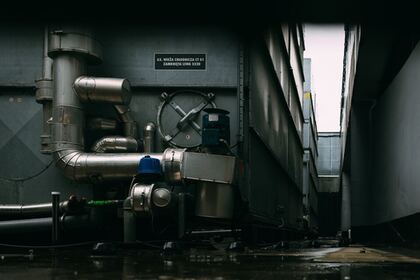
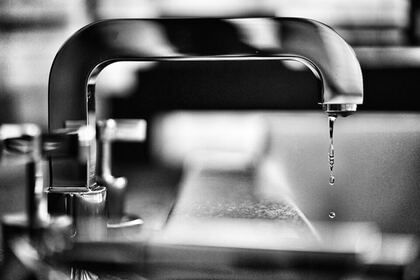
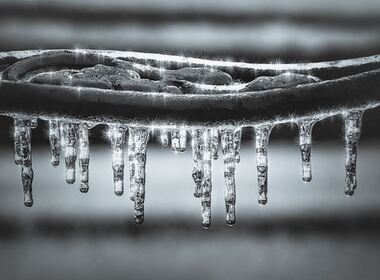
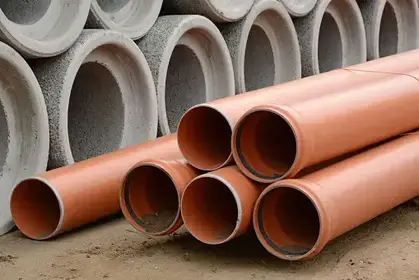
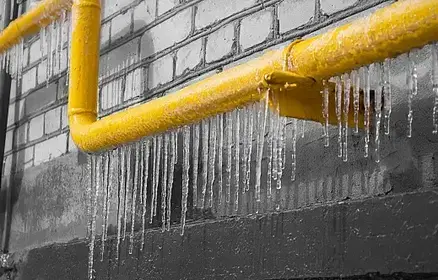
Leave Comment Below